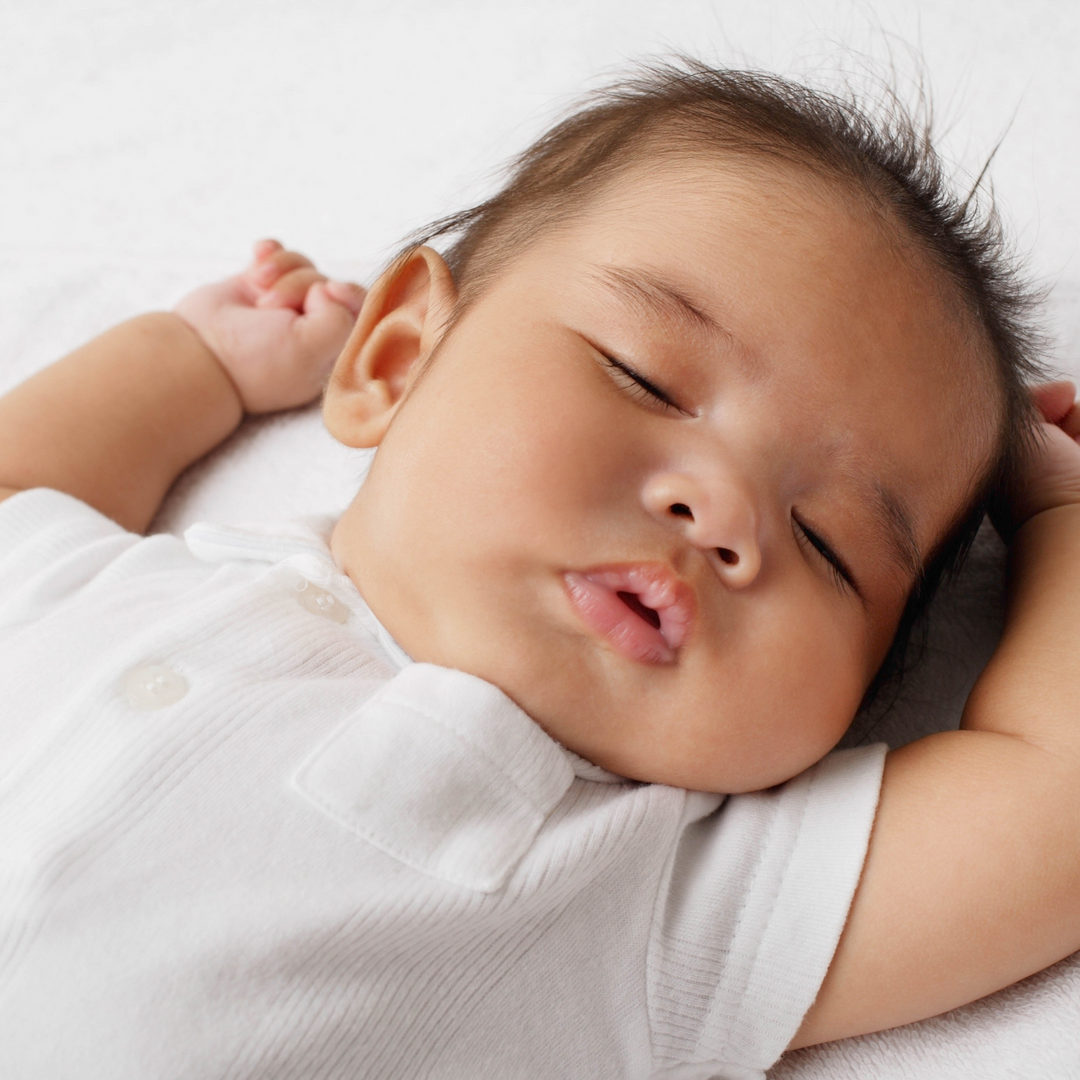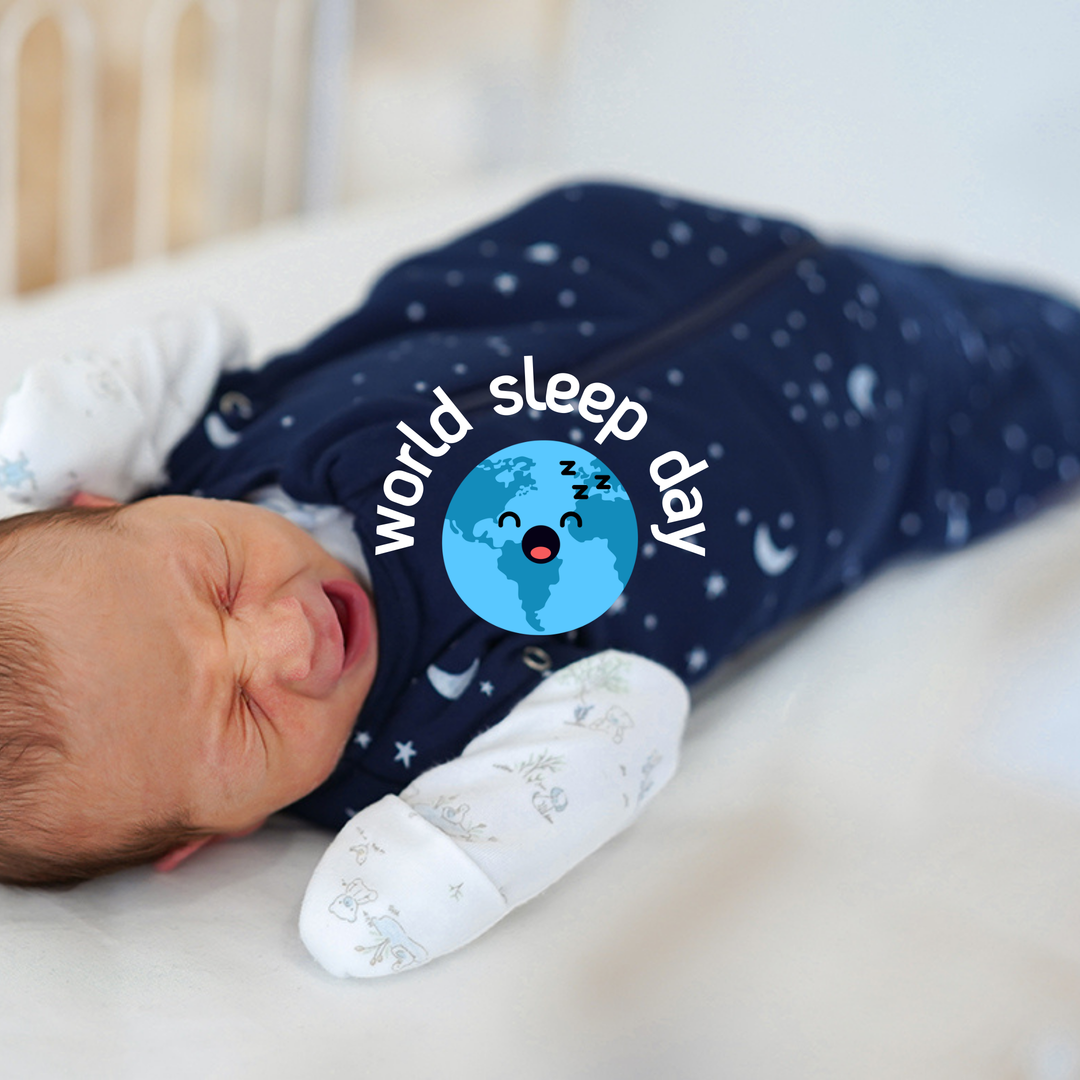How to help your baby if they have a cold
With winter approaching and viruses more prevalent in the chilly months, it’s likely that your little one may suffer with a cold at some point. Children experience around 8 or more colds a year so it may pay to be prepared with some essentials and know how to help battle and keep the symptoms at bay.
Immunity
Babies are not born with immunity to cold viruses, this is built up throughout their childhood and gradually as they get older their colds become fewer and more easily fought off.
Prevention
Although it is natural for little ones to get colds, when our babies are first born it can be taxing on their little bodies and small airways can struggle to cope with the extra buildup of nasal mucus. We unfortunately won’t be able to prevent every cold however with some simple steps, we can give our little ones some rest between the ailments.
Firstly, basic hand hygiene and hand washing is the best prevention for putting a stop to spreading a virus. Also, ensuring surfaces are regularly cleaned with anti-bacterial sprays can prevent viruses lingering for too long on hard surfaces. Finally ask visitors to be honest about how well they are feeling. If they aren’t feeling 100%, ask them politely to wait for baby cuddles until next time so you can keep everyone happy and healthy.
Symptoms
Some babies may cope well with symptoms. Some may experience just one or several of the below cold indicators;
- Stuffy nose
- Coughing
- Loss of appetite
- Difficulty sleeping
- Sneezing
- Fussy
What can you do
Most colds will pass with time and lots of cuddles from you however if you think your little one could do with some extra help then these tips may help;
- Ensure your baby is hydrated by offering an extra feed if you feel they need it. You may offer a little cooled boiled water for babies over 6 months.
- Saline nasal drops can offer relief from congested nasal passages. The drops help to loosen any dried mucus in the nose, which will in turn support your baby when sleeping and fighting off any viruses.
- Nasal aspirators can offer relief and gently clear baby’s blocked noses.
- Monitoring your baby’s temperature is also important to ensure they do not have a fever. A temperature of 38c or more is considered a high temperature so try to remove clothing layers to bring your little one’s temperature down. If you do not have a thermometer, the best way to check if your baby is at a comfortable temperature is to use your hand to touch their tummy, chest or back. Their skin should feel warm, not too hot or cold. Never use your baby’s hands or feet as indicators of their temperature as these are always usually colder than their core temperature.
If removing layers does not help speak with a healthcare professional about offering a suitable medicine.
- Don’t be tempted to put your baby to sleep on their front or with a sleep positioner. Putting your baby to sleep on their back and in a clear cot is the safest way for your little one to sleep with a cold.
Most colds should run their course within 5-7 days. You know your baby best, so if you think their symptoms worsen then contact your doctors or 111 right away so you can have you baby seen by a doctor or nurse.
We hope these tips give you confidence in caring for your baby whilst they build up their all-important immune system.










